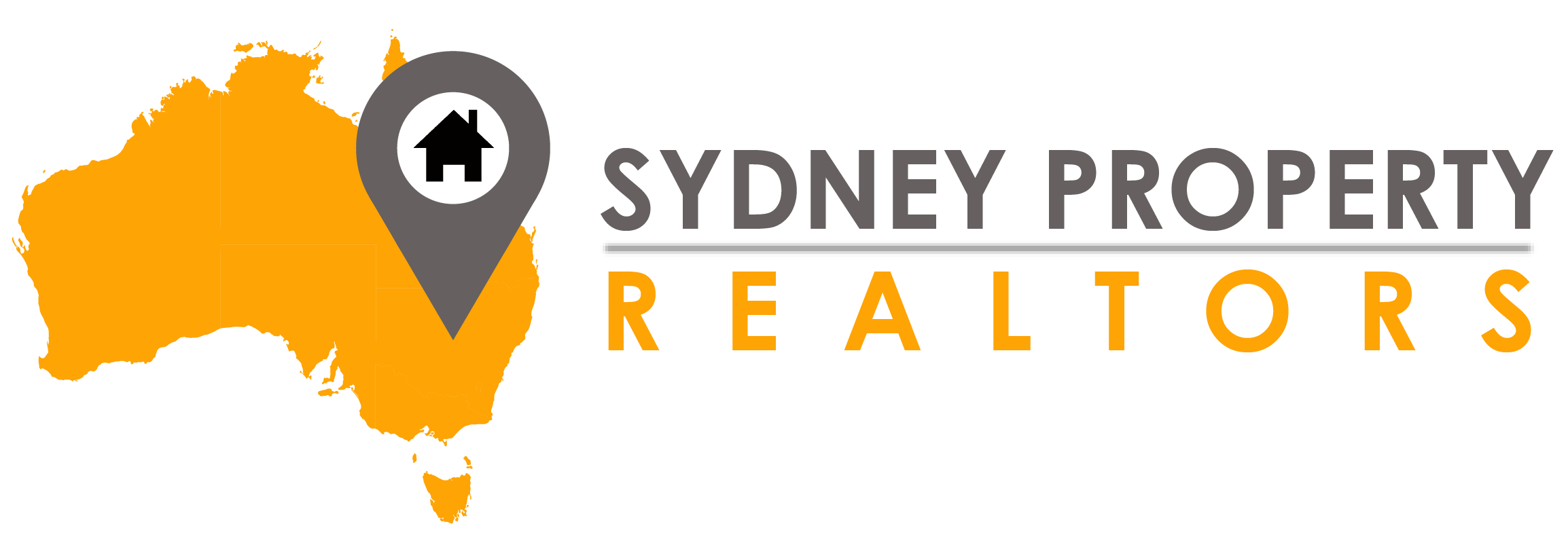Are you worried about what happens if you can’t pay your mortgage? It’s understandable to feel overwhelmed when facing financial difficulties that make it challenging to keep up with your mortgage payments. While it’s a stressful situation, it’s essential to understand your options and take action to avoid foreclosure.
In this article, we’ll discuss what happens if you can’t pay your mortgage and provide you with essential information to help you navigate this difficult situation. We’ll cover options available to you, such as loan modification, forbearance, and refinancing.
We’ll also address common questions and concerns you may have about missing mortgage payments, including how they can affect your credit score and how to avoid missing charges in the future. So, let’s dive in and explore what you need to know about what happens if you can’t pay your mortgage.
Understanding Mortgage Payment

Before we delve into what happens if you can’t pay your mortgage, it’s essential to understand the basics of mortgage payments. A mortgage payment is a regular payment you make to your lender to pay off your mortgage loan. Your mortgage payment typically consists of several components, including principal, interest, taxes, and insurance.
The principal is the amount of money you borrowed to purchase your home, while the interest is the cost of borrowing that money. Taxes and insurance are typically included in your mortgage payment to cover property taxes and homeowner’s insurance.
It’s crucial to understand your mortgage payment’s components to ensure that you’re making the correct payment amount and can budget effectively. With this understanding, let’s explore what happens if you can’t pay your mortgage.
Consequences of Missing Mortgage Payment
If you miss a mortgage payment, there are several consequences you may face. First, your lender may charge you a late fee. The late fee varies from lender to lender, but it’s typically a percentage of your monthly mortgage payment.
If you miss more than one payment, your lender may start the foreclosure process. Foreclosure is a legal process that allows your lender to take possession of your home if you fail to make your mortgage payments.
Foreclosure can have long-lasting effects on your credit score and your ability to obtain credit in the future. Additionally, foreclosure can be emotionally and financially draining.
Options Available When You Can’t Pay Your Mortgage
If you find yourself in a situation where you can’t pay your mortgage, there are several options available to you.
Loan Modification

A loan modification is an option that allows you to change the terms of your mortgage. A loan modification can lower your interest rate, extend the term of your loan, or change your mortgage type.
Forbearance
This is an agreement between you and your lender to temporarily reduce or suspend your mortgage payments. Forbearance can be an excellent option if you’re experiencing temporary financial hardship, such as job loss or illness.
What to Do If You Can’t Pay Your Mortgage
If you can’t pay your mortgage, it’s essential to act as soon as possible. The longer you wait, the harder it will be to resolve the situation.
Refinance

Refinancing your mortgage can be an excellent option if you’re struggling to make your monthly payments. Refinancing allows you to replace your current mortgage with a new one that has more favorable terms. Here is a guide on How you can refinance your home loan.
Contact Your Lender
The first thing you should do if you’re struggling to make your mortgage payments is to contact your lender. Explain your situation and see if there are any options available to you.
Seek Professional Help
If you’re having trouble working with your lender, you may want to seek professional help. A housing counselor can provide you with advice and guidance on how to navigate the process.
Consider Selling Your Home
If you’re unable to make your mortgage payments and you can’t find a solution with your lender, selling your home may be the best option. Selling your home can be a challenging decision, but it’s essential to remember that it’s better to sell your home than to go through foreclosure.
Conclusion
Owning a home is a significant investment, and it comes with a lot of responsibility. If you find yourself unable to pay your mortgage, it’s essential to act as soon as possible. Contact your lender, seek professional help, and consider your options carefully. Remember that there are solutions available to you, and you don’t have to go through this process alone.
Frequently Ask Questions:
Foreclosure is a legal process that allows your lender to take possession of your home if you fail to make your mortgage payments. On the other hand, a short sale is an option that allows you to sell your home for less than what you owe on your mortgage. In a short sale, your lender agrees to accept less than the full amount owed on your mortgage.
Yes, you may still be able to keep your home if you can’t pay your mortgage. There are several options available to you, such as loan modification, forbearance, or refinancing. It’s essential to contact your lender and seek professional help to explore all your options.
The foreclosure process can vary depending on the state you live in and your lender’s policies. Generally, the foreclosure process can take several months to a year or more. It’s essential to act as soon as possible if you’re struggling to make your mortgage payments to avoid foreclosure.
Yes, missing mortgage payments can have a significant impact on your credit score. Late payments can remain on your credit report for up to seven years and can lower your credit score. Additionally, if your lender forecloses on your home, it can stay on your credit report for up to ten years.
To avoid missing mortgage payments in the future, it’s essential to create a budget and stick to it. Make sure you have enough money to cover your mortgage payment and other essential expenses. Additionally, consider creating an emergency fund to help you in case of unexpected financial hardships. If you’re still struggling, consider seeking professional help to create a financial plan.


